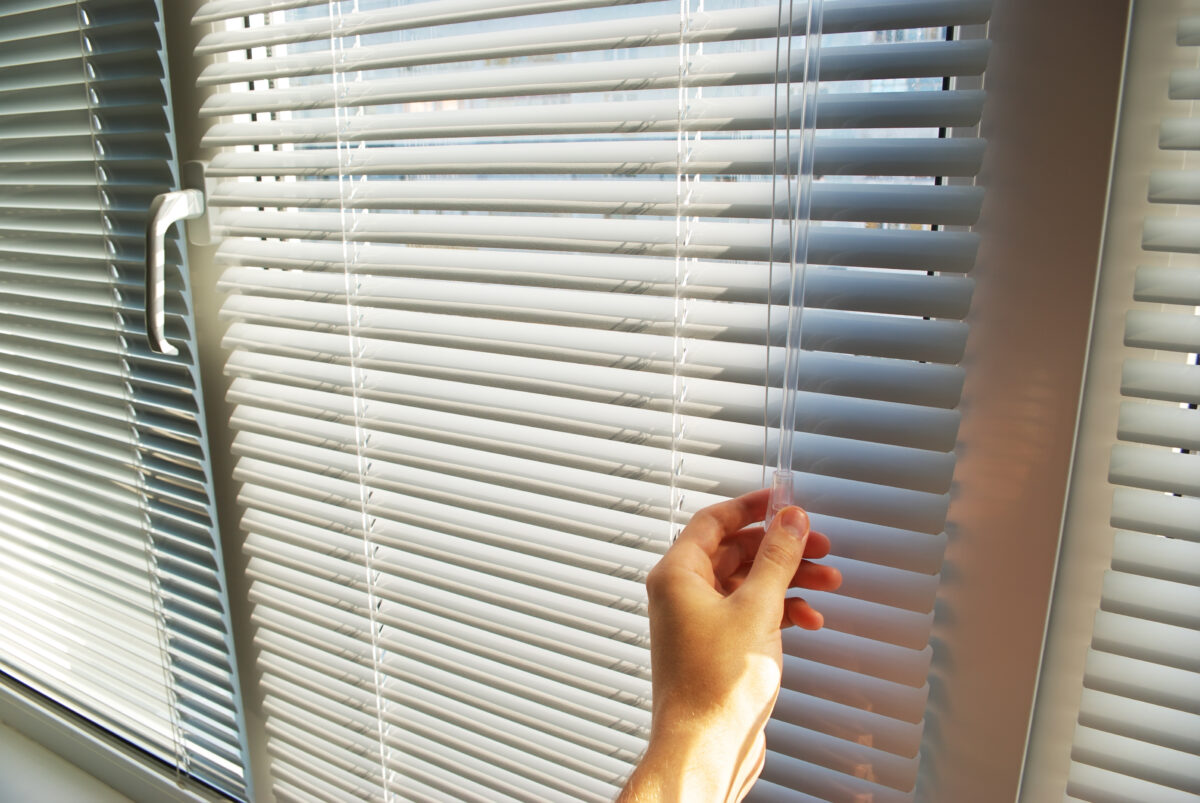
After time spent in self-isolation due to the COVID-19 pandemic, and the currently limited movement outside the country borders, many have used their time to explore natural resources throughout BiH. The pleasant summer temperatures allow you to spend as much time outside the house as possible and enjoy nature’s benefits. Whether you decide to go for a walk, a hike, or maybe to camp on one of many lakes or rivers, being in nature is beneficial in many ways. But nature requires being treated with caution and respect, while people often forget how they should behave in nature and how important it is to preserve it. Experts from the Bosnia Energy Efficiency Project (BEEP), implemented by the Federal Ministry of Physical Planning, emphasize the benefits of staying in nature and remind you to take care of nature, in order for it to take care of you.
In their desire to explore many less accessible parts of the nature, people often don’t think about the consequences and the damage they inflict on both themselves and the nature. By such behavior, they contribute to the disappearance of flora and fauna and forest complexes. Forests are responsible for the production of the oxygen we breathe, and that is the most crucial thing many neglect when they stay in nature. By destroying forests, we contribute to the creation of the greenhouse effect, because forests are the best regulators of greenhouse gas emissions, which is a direct cause of global warming.
Another common problem, when it comes to people staying in nature, is fire. If you decide to light a fire in nature, whether to warm yourself or prepare food, you must keep several things in mind. The fireplace and fire-starting material must be located at a safe distance from any objects and surfaces that could be endangered by fire and smoke. If a stronger wind is blowing, it is mandatory to make an appropriate safety circle around the fire, but you should always be prepared to call the fire department in case of loss of control. Also, be sure to safely put out the fire after use and be careful where you throw cigarette butts. Even the smallest spark is enough to cause a huge disaster.
As you walk in nature, enjoying the beautiful landscapes and breathing the fresh air, pay attention to garbage. Always carry an empty bag for the waste with you, and throw the trash in the designated areas, not on the forest ground. If you see that someone had left some garbage behind, don’t be lazy to pick it up and throw it in the bin. Even the smallest pieces of garbage take a very long time to decompose and harm both the soil and plants, as well as animal species that live in nature. One plastic bottle takes 100 to 1000 years to decompose, chewing gum up to 5 years, apple bites 3 to 6 months and a plastic bag 450 to 1000 years. Respect the home of animals and plants just like you respect yours, and do not throw garbage where it does not belong.
By staying in nature, you reduce the use of cars and thus contribute to protecting the environment. A large amount of carbon dioxide emitted from vehicles has significant consequences for the environment, but also the health of people, animals, and plants. Entire ecosystems are endangered, because the combustion of fossil fuels releases toxic compounds such as CO2, benzene, lead particles and other solids that enter the soil and water from the air, thereby polluting them. In addition, a study conducted by the British Independent Institution for Scientific Research of Traffic Pollution found that the average family car produces 1,289 times more harmful particles while driving than exhaust gases.
Keep in mind that the more time you spend in nature, the less time you spend indoors, sitting at the TV, laptop, or staring aimlessly at your cell phone. Staying in nature contributes to your physical and mental health, strengthens immunity, improves sleep quality, calms and relieves stress, and is a great opportunity for exercise. While you spend time in nature, don’t forget to be careful about what you leave at home. Turn off all lights, turn off appliances and pull them out from the wall, but also leave heating/cooling at a moderate temperature until you return. By staying in nature, you use fewer electrical appliances at home and contribute to energy efficiency.
These are just some tips you need to keep in mind when you decide to spend time in nature, but they will help not only your life but our planet as well.




